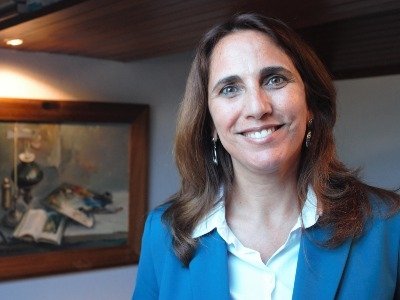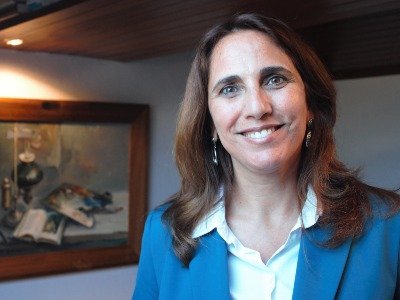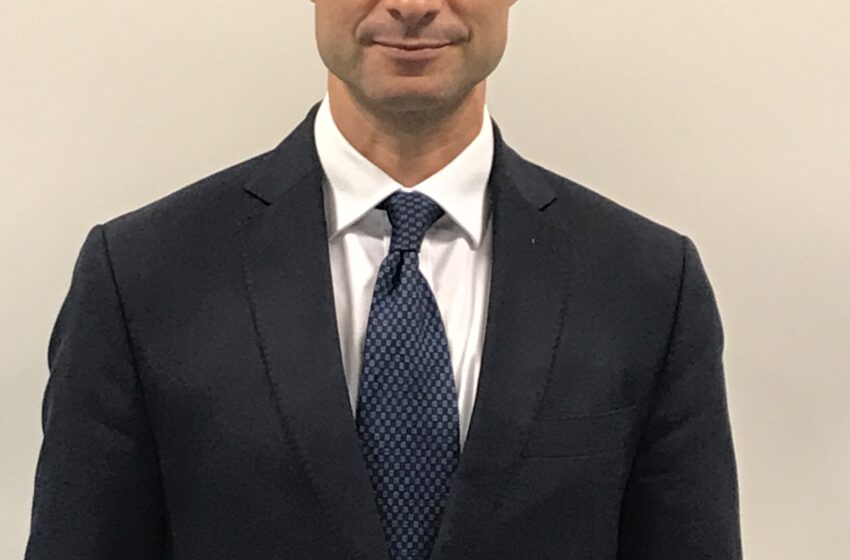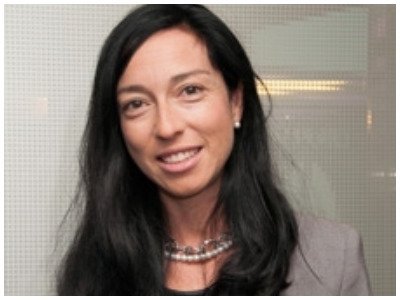Lions walk on the Legal side

Sporting Clube de Portugal is a myth in the Portuguese Football. It is not only one of the three great teams of the country with a continuous presence in European competitions, but, mainly, the great source of football players in the country. Cristiano Ronaldo and Luis Figo, among others, grew up inside the organisation. “The Lions”, as they use to be better known, is one of the most solid teams in all Europe, and is also one of the most concerned about the Legal aspects of the sports market and the several businesses related to them. We talked with one of the members in charge of the club´s Legal department: Patrícia Silva Lopes

From an outside point of view, people might think that as an in-house lawyer at a sports club you might only deal with players’ contracts, but, how many Legal areas do you actually have to manage at the Sporting Clube de Portugal?
Sporting Clube de Portugal legal team is led by Helena Morais Lima and consists of several internal lawyers who provide legal services to
the entire Sporting universe, which involves the founding club, a holding company, and several commercial companies, with special highlight to Sporting SAD. Some lawyers are more dedicated to the Contractual, Regulatory and Institutional matters, as is my case, others to the Litigation matters. In addition to the contracts related to players: sports, image, transfer and intermediation contracts; we must not forget, for example, the human resources directly related to sports, which is our “core business”. I am referring to a panoply of staff hired for the different departments of the club in general and the football sports company in particular. We have to deal with areas as different as Labour; taking into account that many of the Sports agents are simultaneously workers, with all its vicissitudes; the Corporate and Securities market, since Sporting SAD has been listed on the stock exchange; Commercial, whether by expanding the brand, selling television rights, sponsorships, royalties, Information Technology, ticketing and supplies, among others; Administrative, since the creation of the Court of Arbitration for Sport (Tribunal Arbitral du Sport, TAS, CAS or TAD), which is still subject to appeal before the Central Administrative Court on the necessary Arbitration in disciplinary matters; obviously beyond the áreas of Civil, Tax and Criminal Law, as is the case with other companies.
One of the main challenges in this position is linked with Compliance, as there are several legal codes to abide by. Please describe your view of having to manage Compliance taking all that into account?
In-house lawyers, in addition to the ethical values underlying the exercise of their profesional activity, must enforce the legal and regulatory framework applicable to the activity developed by Sporting Clube de Portugal, first as a founding club, and by the sports club dedicated to profesional football, Sporting Clube de Portugal – Futebol, SAD, a company listed on the stock Exchange and as such supervised by the Securities Market Commission. Sporting, SAD periodically publishes its accounts, annually publishes a report on the Governance of the Company and is obliged, at all times, to disclose information not considered privileged.
Regulators in the football industry, both internationally and nationally, are also increasingly demanding this area of Compliance. FIFA established a decade ago the TMS (Transfer Matching System), which is an online platform for all international transfers that has been increasingly improved and where all the financial information related to the operation is provided. This kind of measures are fundamental for a more transparent Football industry, where integrity must prevail, far from the dark side of money laundering. Both UEFA, the Portuguese Professional Football League and the Portuguese Football Federation have approved their respective regulations, in which a series of imperative criteria are established that clubs must comply with in order to compete because without them they are not allowed even if they have met the sport requirements. One of the greatest challenges is the fulfilment of all Legal and Regulatory duties in an activity as dynamic and complex as the world of player transfers, where speed and competition for the acquisition of the best assets make this market so marked by voracity.
Interview by antonio jiménez
To read the interview in full please download issue N.97 here












